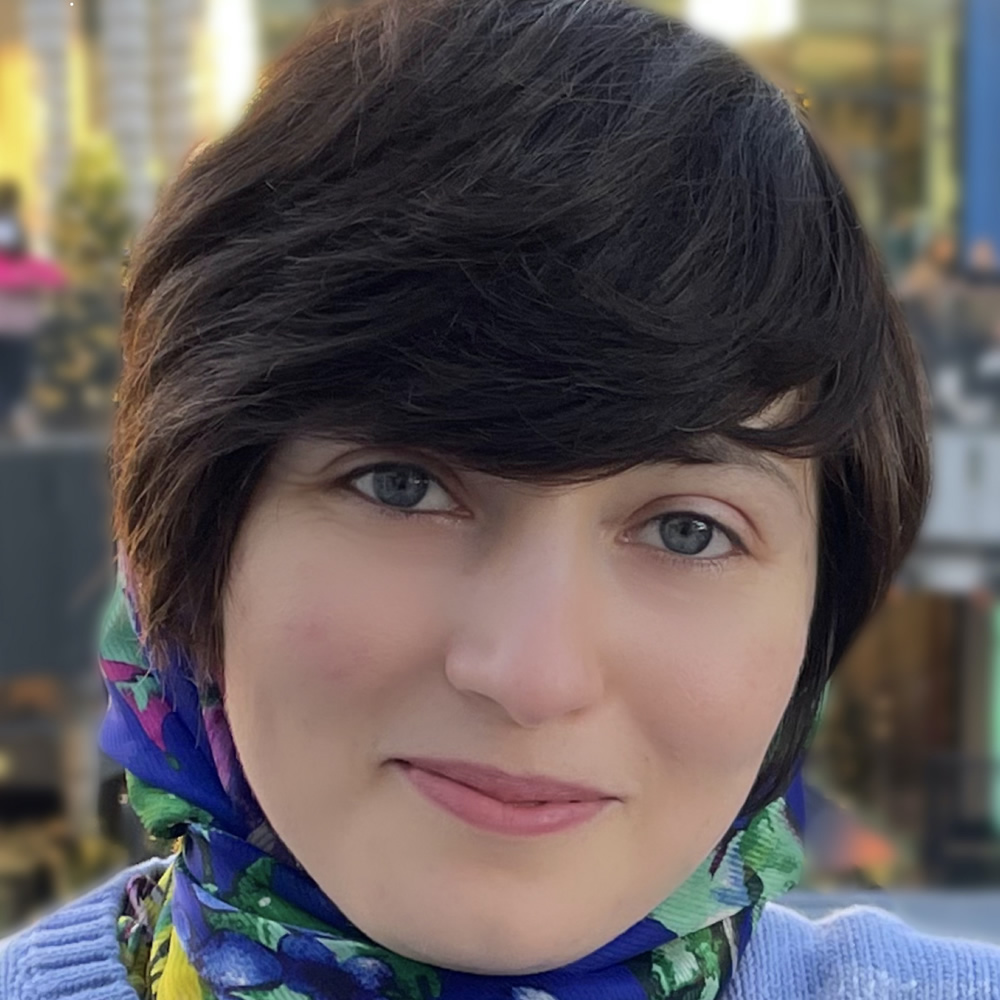
Fatemeh Majedi
CEO
University of California, Los Angeles (UCLA)/ Symphony Biosciences Inc
Negin Majedi is a bioengineer who obtained her B.Sc. from Amirkabir University of Technology (Tehran Polytechnic) in Biomedical Engineering with minors in Biomaterials. She then embarked on graduate studies at École Polytechnique Fédérale de Lausanne (EPFL), Switzerland in Bioengineering & Biotechnology working under the supervision of Drs. Philippe Renaud and Melody Swartz. She had the opportunity to learn and develop novel microfluidic techniques mainly for applications in cancer immunotherapy. Negin then joined UCLA Bioengineering to pursue her Ph.D. studies where she was coadvised by Drs. Louis Bouchard, Steven Bensinger, Song Li, and Manish Butte. Her Ph.D. research was focused on developing biomaterials to reconstitute T-cell immunity. She then completed a short postdoctoral training prior to launching her own startup company focused on biomaterial-based cancer immunotherapy. Her work is recently awarded $2.4M by National Cancer Institute for the advancement of its clinical translation.
Biomaterials to Enhance T Cell Therapies
Immune cells are capable of fighting cancer but often fail to do so. While the reasons for this failure remain unclear, it is possible to proactively train them to fight cancer. This involves not only increasing the immune cells' potency but also encouraging the correct phenotype. Successful outcomes of such immunotherapies require a delicate fine-tuning of the immune system to harmonize the response against solid cancers. Cancer cells tend to adapt their microenvironment to effectively escape immune clearance by promoting the development of regulatory T cells. On the other hand, low numbers of cytotoxic T cells at the tumor site result in suboptimal outcomes. Systemic strategies to augment immunity can elicit autoimmune side effects, cytokine storms, and other toxicities. In this seminar, I will give an overview of the field of cancer immunotherapy and describe our efforts towards developing novel, implantable, biomaterial-based systems that can recruit the right immune cells to the tumor bed and educate them to generate long-term memory that prevents tumor recurrence and results in an immunological abscopal effect on distant metastases. Inspired by how the immune cells are naturally equipped with the information to kill pathogens, this talk will highlight the possibility of exploiting mechanical properties of the substrate with which the immune cells interact as a novel layer of dynamic immune regulation.